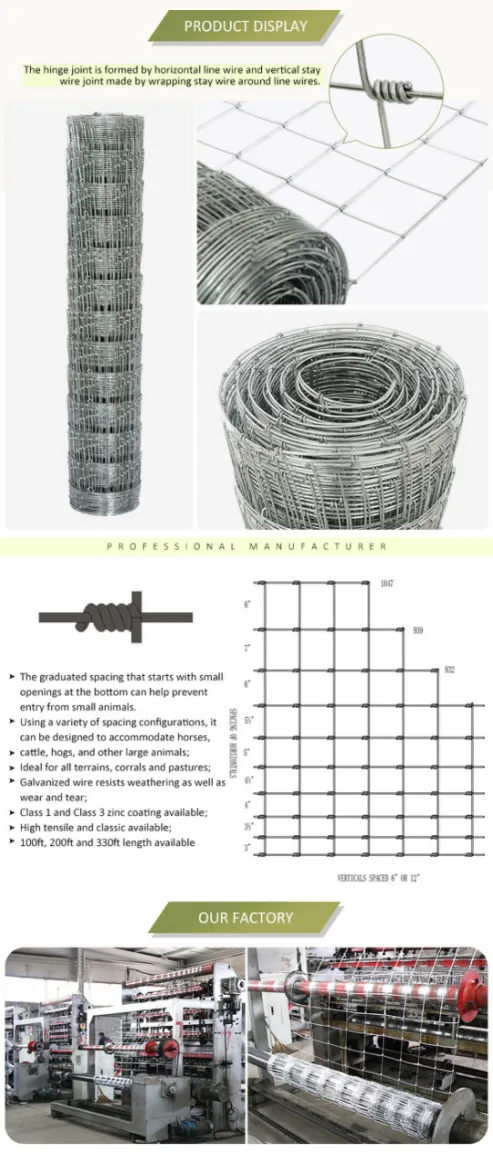Oct . 11, 2024 12:11 Back to list
Choosing the Right Nails for Metal Roofing Applications and Installation Tips
Understanding Metal Roofing Nails A Crucial Component for Durable Roofs
When it comes to roofing materials, metal roofing has gained immense popularity in recent years. Not only is it renowned for its longevity and durability, but metal roofs also offer excellent protection against harsh weather conditions. However, to ensure the optimal performance of a metal roof, the choice of nails is pivotal. This article delves into the importance of metal roofing nails, the types available, and best practices for their use.
The Importance of Metal Roofing Nails
Metal roofing nails are specifically designed to secure metal roofing panels to the underlying structure, typically a wooden or metal frame. They play a critical role in maintaining the integrity and longevity of the roofing system. Unlike standard roofing nails, metal roofing nails possess unique features that enhance their effectiveness. For instance, many metal roofing nails are equipped with larger heads that provide greater surface area for holding the roofing panels in place. This feature is particularly important in high-wind areas where the risk of wind uplift can compromise a roof’s stability.
Another critical aspect is the corrosion resistance of metal roofing nails
. Given that metal roofs are often exposed to moisture, selecting nails made of materials that resist rust is essential. Stainless steel, galvanized steel, and aluminum are among the commonly used materials that protect against corrosion, thus extending the life of both the nails and the roofing system itself.Types of Metal Roofing Nails
When selecting nails for metal roofing, there are various options available, each designed for specific applications.
1. Galvanized Steel Nails These nails are coated with a layer of zinc, offering excellent resistance to rust and corrosion. They are a popular choice for roofing installations due to their affordability and reliability.
2. Stainless Steel Nails While more expensive than galvanized options, stainless steel nails provide superior resistance to rust and corrosion. They are particularly suitable for coastal areas where saltwater exposure can accelerate steel deterioration.
3. Aluminum Nails Lightweight and resistant to corrosion, aluminum nails are often used in residential applications. However, they may not be as strong as galvanized or stainless steel nails.
metal roofing nails

4. Self-Drilling Screws For securing metal roofing, self-drilling screws are increasingly favored. They come with a built-in drill bit that allows for easy installation without pre-drilling, ensuring a tight seal and optimal performance.
Best Practices for Using Metal Roofing Nails
To ensure the effectiveness and longevity of metal roofing nails, certain best practices should be observed during installation
- Correct Spacing It is essential to follow manufacturer recommendations regarding nail spacing. Generally, nails should be placed at intervals that average one every 24 inches along the panel. In high-wind zones, closer spacing may be required for added security.
- Proper Placement Nails should be driven straight into the roof structure through the designated nailing zones. Over-driving or under-driving nails can compromise their holding power and potentially damage the metal panels.
- Use the Right Length The length of the nails used should be adequate to penetrate through the metal roofing material and into the underlying structure. This typically means using nails that are at least 1 inch long for standard metal gauges.
- Avoiding Galvanic Corrosion When using different metals together, be cautious of galvanic corrosion. For example, using aluminum nails with a galvanized steel roof can lead to corrosion at the point of contact. Always select compatible materials for your roofing project.
Conclusion
In summary, the selection of appropriate metal roofing nails is essential for the successful installation and longevity of metal roofing systems. By understanding the various types of nails available and adhering to best practices during installation, homeowners and contractors can ensure a robust roofing solution capable of withstanding the test of time. As with any construction project, investing time and resources in selecting the right materials will pay off in the long run, providing peace of mind and protection against the elements. Whether you are a DIY enthusiast or a professional builder, understanding the intricacies of metal roofing nails will help you achieve a dependable and durable roof.
-
Weather Resistance Properties of Quality Roofing Nails
NewsAug.01,2025
-
How Galvanised Iron Mesh Resists Corrosion in Harsh Environments
NewsAug.01,2025
-
Creative Landscaping Uses for PVC Coated Wire Mesh Panels
NewsAug.01,2025
-
Common Wire Nail Dimensions and Their Specific Applications
NewsAug.01,2025
-
Choosing the Right Welded Wire Sheets for Agricultural Fencing
NewsAug.01,2025
-
Anti - Climbing Features of Razor Wire Barriers
NewsAug.01,2025









